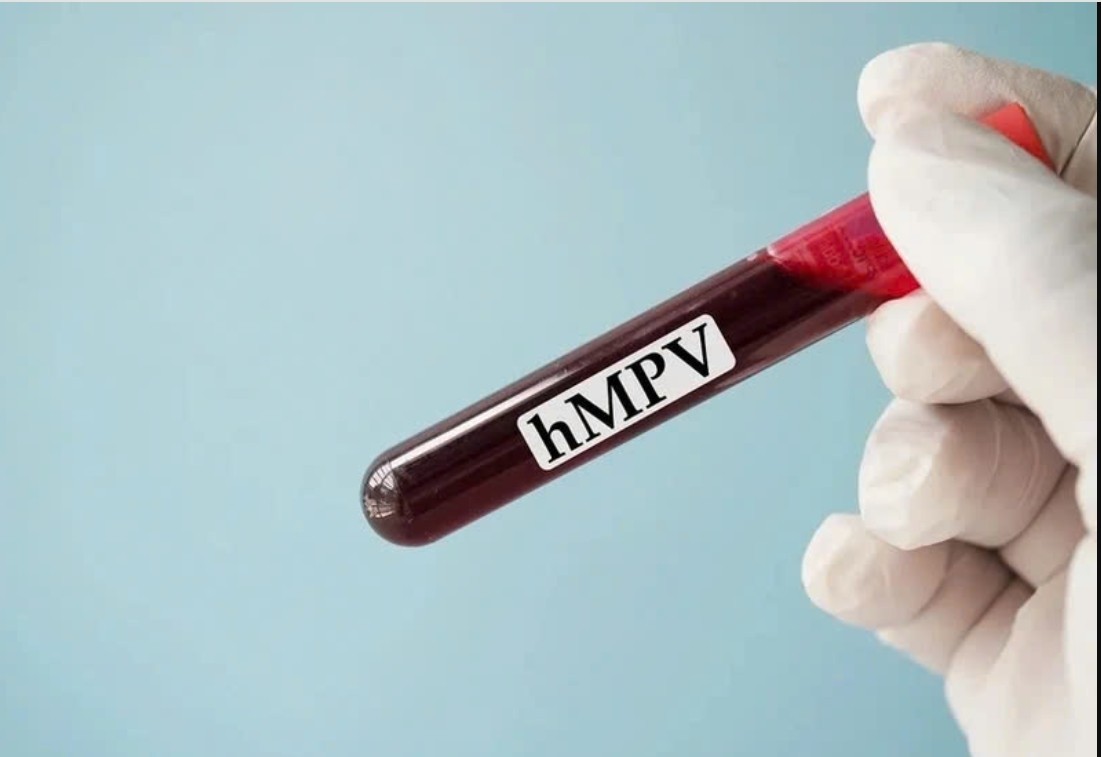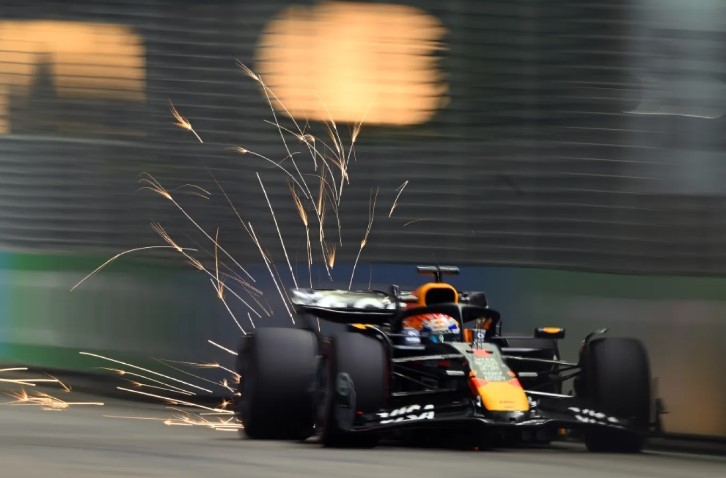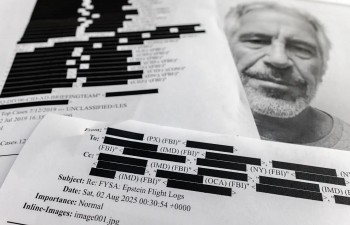What is Mu – New Coronavirus Variant of Interest
 |
| Photo Stuff NZ |
The Mu variant was first identified in Colombia in January 2021. Since then, sporadic cases and some larger outbreaks have been recorded around the world. Beyond South America, cases have been reported in the UK, Europe, the US and Hong Kong. While the variant makes up less than 0.1% of Covid infections globally, it may be gaining ground in Colombia and Ecuador where it accounts for 39% and 13% of Covid cases respectively.
What’s a variant of interest?
An impressive element of our COVID response has been frequent genomic sequencing, which we haven’t done before on this scale. This tracks and maps the evolution of the virus in real time, as it adapts and mutates.
Some mutations will be detrimental to the virus, but some will be beneficial, allowing it to spread better, escape the protection offered by vaccines or even evade COVID tests.
If there are changes to the virus that mean it looks like it has the potential to do more harm, then we might designate it a “variant of interest”.
Mu has mutations that might confer some of these properties, but evidence is still emerging.
The four other variants of interest are Eta, Iota, Kappa and Lambda.
If there’s good evidence Mu is more serious and beginning to overtake other variants such as Delta, it might be upgraded to a “variant of concern”. The four variants of concern are Alpha, Beta, Gamma and Delta.
| -Variants of concern Alpha variant (B.1.1.7) Beta variant (B.1.351, B.1.351.2, B.1.351.3) Gamma variant (P.1, P.1.1, P.1.2) Delta variant (B.1.617.2, AY.1, AY.2, AY.3) -Variants of interest Mu variant (B.1.621 and B.1.621.1) Eta variant (B.1.525) Iota variant (B.1.526) Kappa variant (B.1.617.1) Lambda variant (B.1.1.1.37, alias C.37) Unnamed variant (B.1.617.3) |
Where was mu first detected and where is it now?
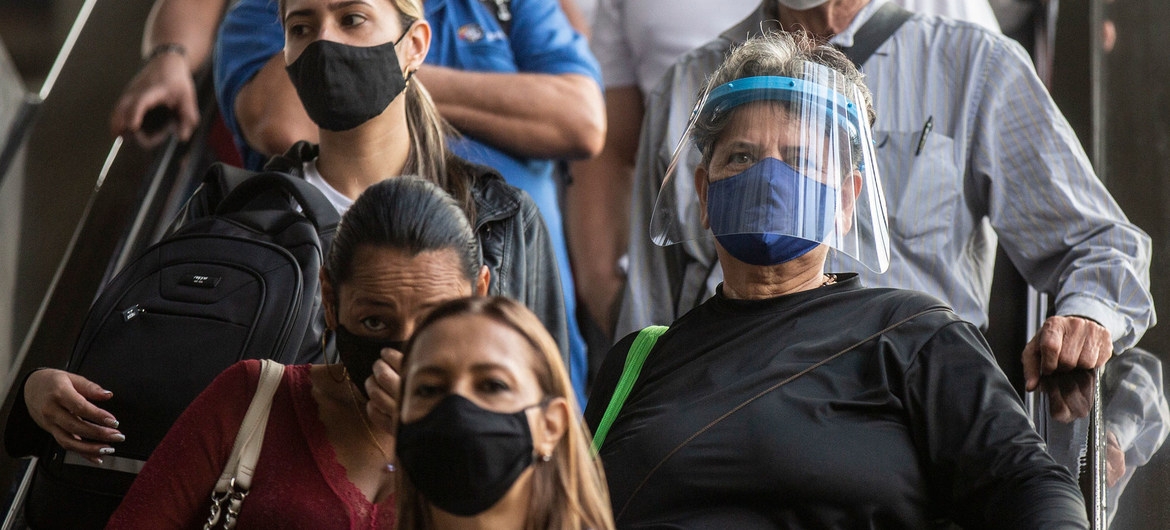 |
| Photo UN News |
The variant was first detected in Colombia in January 2021, where cases continue to rise. It has since been identified in more than 39 countries, according to the WHO, among them the United States, South Korea, Japan, Ecuador, Canada and parts of Europe.
Mu has been much more prevalent in Colombia than anywhere else. When looking at coronavirus samples that have been genetically sequenced, 39% of those analysed in Colombia have been mu – though no mu samples have been recorded there in the past four weeks.
In contrast, 13% of samples analysed in Ecuador have been mu, with the variant making up 9% of the samples sequenced in the last four weeks, while in Chile just under 40% of sequenced samples have turned out to be mu over the last month. This suggests that the virus is no longer circulating in Colombia, but is being transmitted in other nearby South American countries.
So far, 45 cases have been identified in the UK through genetic analysis, and it looks like they came from overseas. However, as not all COVID-19 cases end up being sequenced to see which variant they are, it’s possible that mu’s prevalence in the UK could be higher.
How dangerous is it?
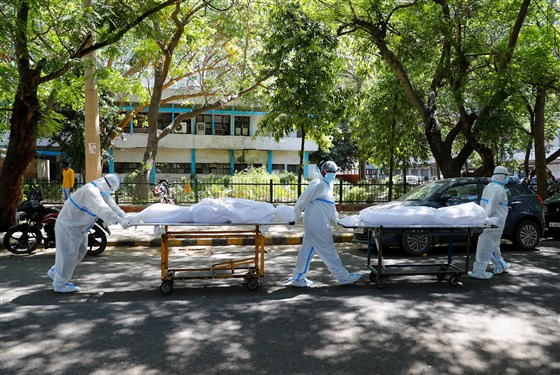 |
| Health workers transport bodies of people who died with Covid-19 at Guru Teg Bahadur hospital in New Delhi. Photo Reuters |
The key questions are whether mu is more transmissible than the currently dominant variant, delta, and whether it can cause more severe disease.
Mu has a mutation called P681H, first reported in the alpha variant, that is potentially responsible for faster transmission. However, this study is still in preprint, meaning its findings have yet to be formally reviewed by other scientists. We can’t be sure of P681H’s effects on the virus’s behaviour just yet.
Mu also has the mutations E484K and K417N, which are associated with being able to evade antibodies against the coronavirus – the evidence on this is more concrete. These mutations also occur in the beta variant, and so it’s possible that mu might behave like beta, which some vaccines are less effective against.
Mu also has other mutations – including R346K and Y144T – whose consequences are unknown, hence the need for further analysis.
| But can mu actually evade pre-existing immunity? As yet there’s only limited information on this, with a study from a lab in Rome showing that the Pfizer/BioNTech vaccine was less effective against mu compared to other variants when tested in a lab-based experiment. Despite this, the study still considered the protection offered against mu by the vaccine to be robust. Really, we don’t yet know whether mu’s mutations will translate into increased infection and disease. Striking reports on mu have been appearing, though. In late July, a news station in Florida reported that 10% of samples sequenced at the University of Miami were mu. In early August, Reuters reported that seven fully vaccinated residents of a nursing home in Belgium had died from an outbreak of mu. However, these are limited snapshots of the variant’s behaviour. |
Will my coronavirus vaccine work against mu?
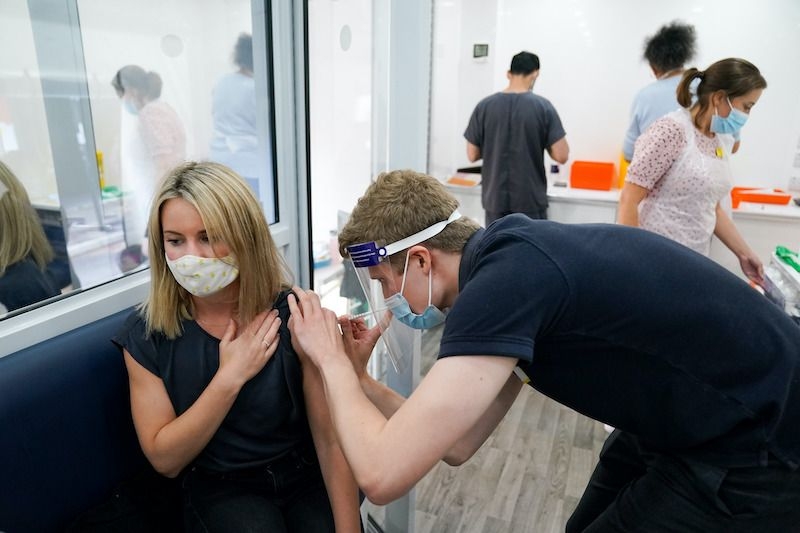 |
| Photo Inyourarea |
It’s unclear how much protection the vaccines offer against this variant. “The Mu variant has a constellation of mutations that indicate potential properties of immune escape,” the WHO said in a statement Tuesday, raising concerns that it may be more resistant to coronavirus vaccines than other variants. “But this needs to be confirmed by further studies,” it added.
Fauci said that while laboratory data had shown that the mu variant can evade certain antibodies — among them those induced by vaccine shots — there is currently a lack of clinical data and other research involving people, showing this. He underscored that in general, vaccines remain effective and the best protection against the coronavirus.
Vaccine maker Pfizer told The Post in an email that it was studying the mu variant and expected to share data soon with a peer-reviewed journal.
“To date, we are encouraged by both the real-world data and laboratory studies of the vaccine and see no evidence that the virus or circulating variants of concern regularly escape protection,” said Pfizer’s spokesperson Kit Longley.
Is the mu variant more transmissible?
Paúl Cárdenas, a professor of infectious diseases and genomics at Universidad San Francisco de Quito in Ecuador, has studied mu and told The Post that current evidence showed that it was likely “more transmissible” than the original coronavirus strain. Mu has “been able to outcompete gamma and alpha in most parts of Ecuador and Colombia,” he said.
What happens next?
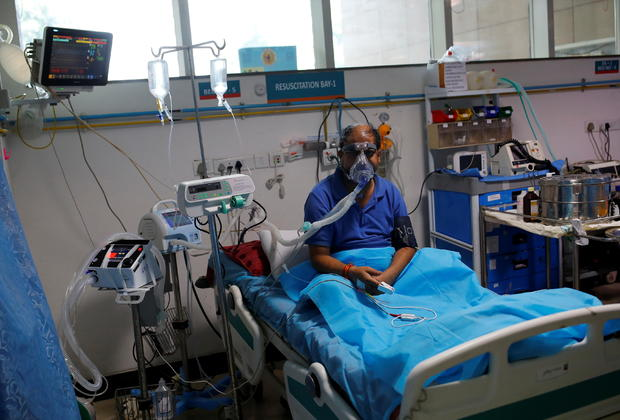 |
| A man suffering from COVID-19 receives treatment inside the emergency room of Safdarjung Hospital in New Delhi, India, on May 7, 2021. Photo Reuters |
Mu is the first new variant to be added to the WHO’s list since June.
When a variant is designated of interest, the WHO carries out a comparative analysis of the characteristics of the new variant, assessing how it compares to others that are also being monitored by asking its member states to gather information on the variant’s incidence and effects. This is currently underway, and means that Public Health England is keeping a close eye on it.
The designation of mu as a VOI reflects the widespread concern over the possibility of new variants emerging that might prove problematic. The more transmissible delta variant taking hold in many countries, especially among the unvaccinated, shows how quickly and significantly viral variants can change the course of the pandemic.
In Kenya, only 1.5% of people have been fully vaccinated against COVID-19. Daniel Irungu/EPA-EFE
Every time the virus reproduces inside someone there’s a chance of it mutating and a new variant emerging. This is a numbers game. It’s a random process, a bit like rolling dice. The more you roll, the greater the chance of new variants appearing. The main way to stop variants is global vaccination.
| The emergence of mu reminds us of how important that goal remains. Many people, especially in developing countries, remain unvaccinated. We must get vaccines to these countries as quickly as possible, both to help the people there who are vulnerable but also to stop new variants from emerging. Otherwise, our exit from the pandemic will be set back, possibly for months on end. |
 What is Covid-19 Oral Drug Molnupiravir: Latest News, Treating for Patients and Results What is Covid-19 Oral Drug Molnupiravir: Latest News, Treating for Patients and Results Covid-19 Oral Drug Molnupiravir showed that the antiviral drug resulted in statistically significant fewer hospital admissions, faster recovery time. |
 What Is REGENCOV Antibody: New COVID-19 Treatment, Effectiveness, Dosage What Is REGENCOV Antibody: New COVID-19 Treatment, Effectiveness, Dosage The antibody combination treatment has already been shown to be effective at reducing the risk of hospitalization and death among individuals with symptomatic COVID-19. What ... |
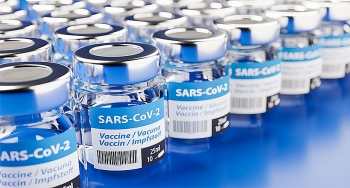 Top 9 Countries with the Most COVID-19 Vaccinations and The Ranking of Countries Per Doses Top 9 Countries with the Most COVID-19 Vaccinations and The Ranking of Countries Per Doses More than 2 billion COVID-19 vaccines have now been given out across the world. Check out The Top 9 Countries with the Most COVID-19 Vaccinations ... |


